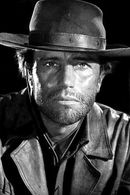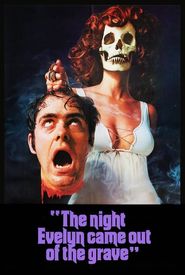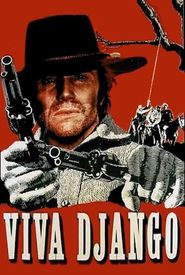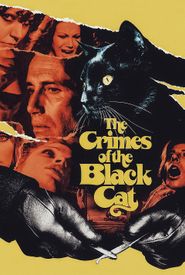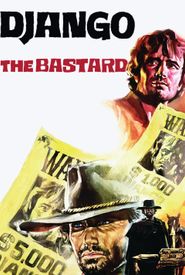Antonio Luiz de Teffe, the Baron de Teffe, was born on July 21st, 1930, at the Brazilian embassy in Rome, Italy, to Manoel de Teffe, a Formula 1 champion and then ambassador. As a teenager, he joined the partisans during World War II to fight against the Nazis.
De Teffe's early life in the film industry began as a studio messenger for Vittorio De Sica, who was directing Bicycle Thieves in 1948. Years later, he went on to star in the critically acclaimed film Gli sbandati in 1955. He then appeared in various popular Italian films of the late 1950s, including sword and sandal epics, comedies, adventures, and even American movies like Robert Aldrich's Sodom and Gomorrah in 1962.
However, it was his work in Spaghetti Westerns that brought him worldwide recognition, starring as Anthony Steffen. His acting style, often criticized for being wooden, was ideally suited for playing the steely-faced gunslinger. His most memorable role was in Django the Bastard in 1969, where he co-wrote the film and played a phantom gunslinger returned from the grave to avenge his own death, which was an uncredited inspiration for Clint Eastwood's High Plains Drifter in 1973.
Steffen's other notable films include Seven Dollars to Kill in 1966, A Train for Durango in 1968, Killer Kid in 1967, and many others. He was also successful in thrillers, such as The Night Evelyn Came Out of the Grave in 1971, Tropic of Cancer in 1972, and The Crimes of the Black Cat in 1972, where he played a blind pianist, a role he particularly enjoyed.
Throughout his career, Steffen was a reliable leading man and supporting actor, working alongside renowned directors and actors, including Federico Fellini, Sergio Leone, Riccardo Freda, Mario Bava, Lucio Fulci, Luchino Visconti, Antonio Margheriti, Ennio Morricone, Roger Vadim, Carlo Ponti, Sophia Loren, and many others.
Elegant, educated, and handsome, Steffen was fluent in multiple languages, including English, French, Portuguese, Spanish, and Italian. He lived an international jet-set lifestyle, but in the early 1980s, he moved to Rio de Janeiro, Brazil, which he adored, and occasionally visited his beloved Rome.
In his later years, Steffen struggled with cancer, which he had been fighting since 2002. He passed away on July 5th, 2004, in Rio de Janeiro, leaving behind three sons: Manuel de Teffe, Luiz, and Chiara. Besides De Sica's Shoeshine in 1946, his favorite film was John Ford's My Darling Clementine in 1946, showcasing his refined taste until the end.
